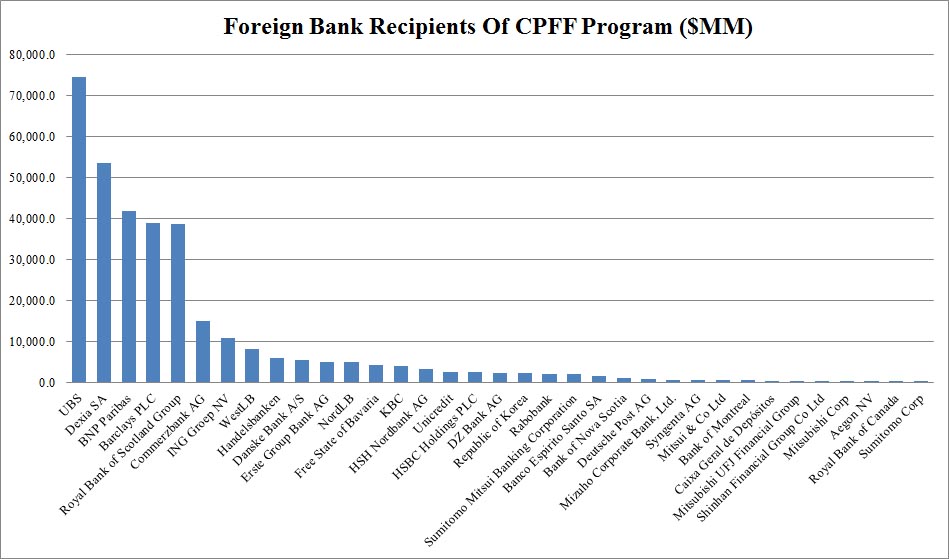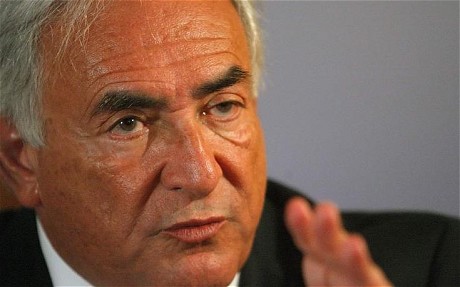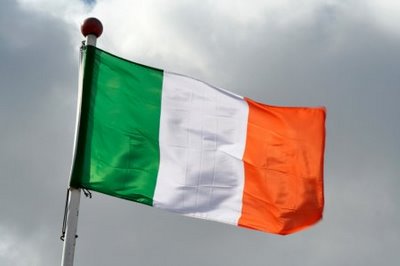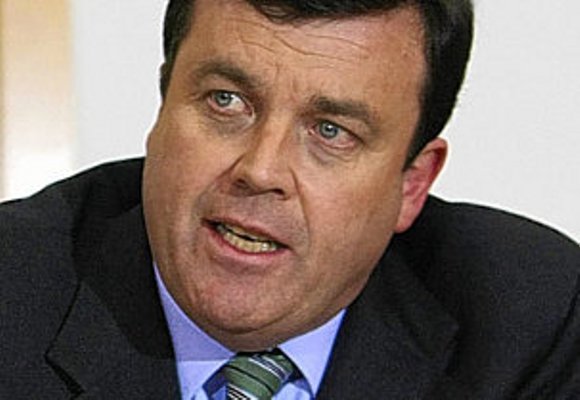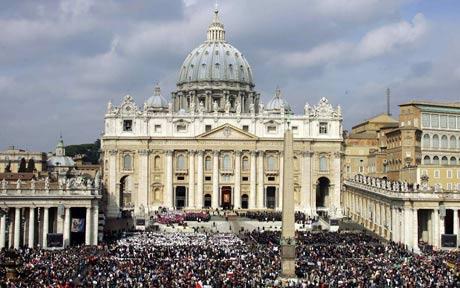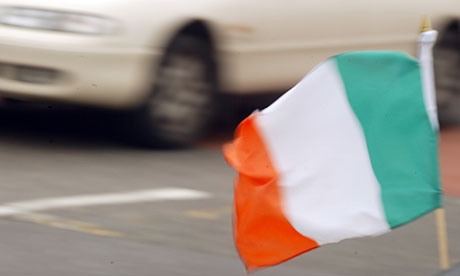Even better off is Greenland:
– Why is Greenland so rich these days? It said goodbye to the EU!
At least Iceland didn’t bailout the banksters:
– Max Keiser: The IMF Is Bankrupt – The Fed And The Banksters – Iceland Report – And More
Whereas Ireland is completely doomed:
– And Now … Ireland: Pension Reserve Funds To Be Spent On The Banksters
The Anglo Irish Bank losses are the worst in the entire world and the bailout is an unprecedented looting of the Irish taxpayer.
Decision to force bondholders to pay for banking system’s collapse appears to pay off as economy grows 1.2% in third quarter
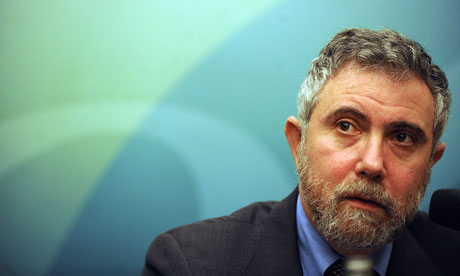
Nobel prize winner Paul Krugman has repeatedly called on Ireland, Greece and Portugal to consider leaving the euro area and defaulting on debts. Photograph: Mike Clarke/AFP/Getty Images
Iceland’s decision two years ago to force bondholders to pay for the banking system’s collapse appeared to pay off after official figures showed the country exited recession in the third quarter.
The Icelandic economy, which contracted for seven consecutive quarters until the summer, grew by 1.2% in the three months to the end of September.
Iceland famously agreed in a referendum to reject a scheme to repay most of its debts that were once worth 11 times its total national income.
In contrast to Ireland, Iceland’s taxpayers refused to foot the bill for the debts accumulated by the banking sector. Bondholders were told to accept dramatic reductions in the value of repayments on bank debt after the sector borrowed beyond its means to fund ambitious investments abroad.
The return to growth is likely to put pressure on Irish politicians to explain why Dublin rejected a more radical restructuring of its debts and a departure from the eurozone.
Iceland’s currency has fallen by around a quarter, helping its exports.
